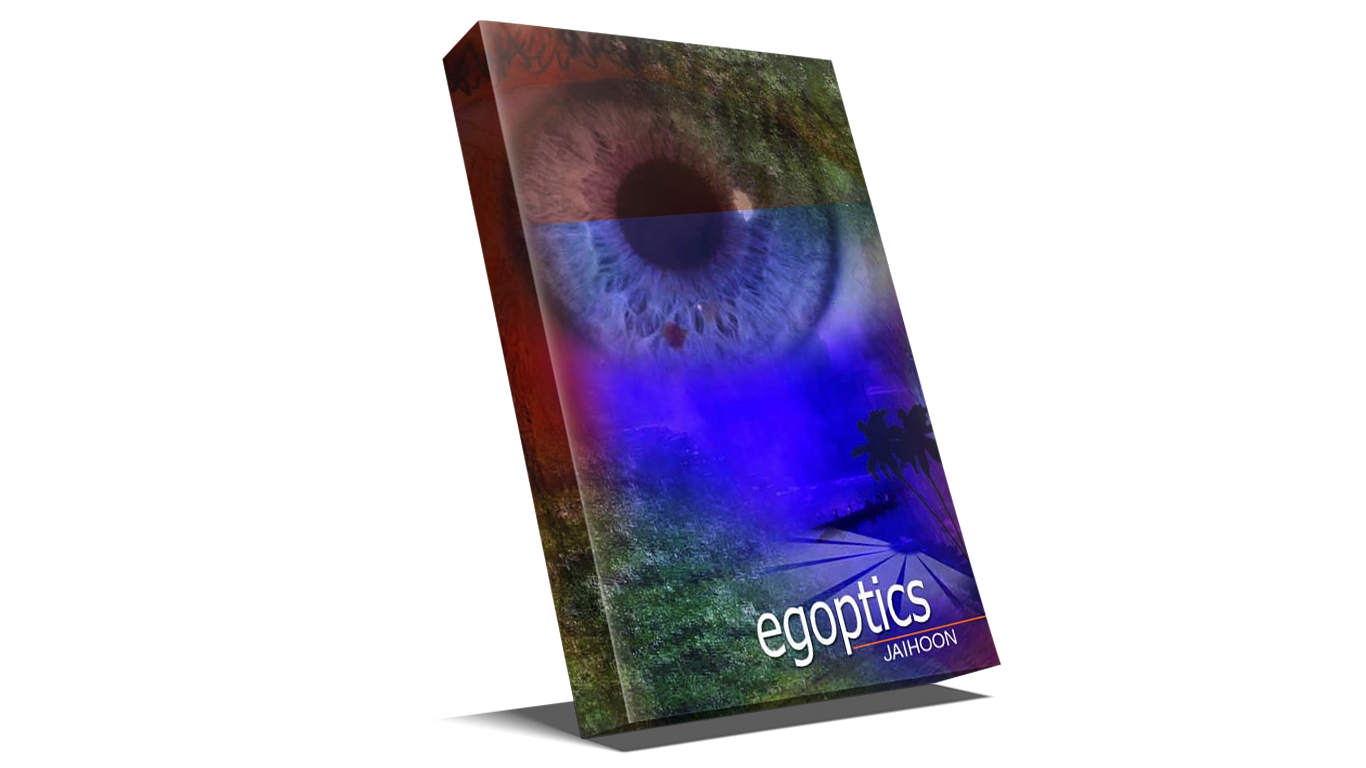By Qadijah S. Irshad, Gulf News, April 17, 2003
He has a bleeding heart. It pains for humanity. It pains for the hundreds who fall prey to the bullets of the mighty.” These few lines of verse sum up the writer Jaihoon more than a thousand words.
Mujeeb Rahman, 24, the person behind his preferred pen name Jaihoon, is a Keralite and marketing officer in Sharjah who has published his first book of selected verse and prose – Egoptics.
“The title, comprising Ego and Optics, is a self-coined term to describe the sum total of my observations and experiences,” explains Jaihoon. “It consists of poems and essays written over almost a decade.”
Most of the book has appeared on Jaihoon.com, his pet project on the Web. “Frankly, most of them were written for the online audience. The Egoptics segment on the Internet continued to attract more and more eyeballs, irrespective of race and creed… Readers’ constant demand for publishing was the inspiration behind this publication,” he says.
An ardent fan of Dr Allama Mohammed Iqbal’s poetry, he got his pen name from the river in Turkistan featured in a couplet of Iqbal. “The sky high ambitions, the continuous call for optimism in life no matter what happens, which is part of the Iqbalian philosophy, has inspired my life.
And I thought of borrowing a little drop from that ocean and make it into a whole – hence the name Jaihoon,” he says.
“In this materialistic era when spirituality has become a hot-selling commodity, I must confess that none of my poems were composed, except after being stimulated by an intense experience. I have not followed any particular style, rather violated the existing ones.
My verses are a wake-up call for the fading humanism in today’s world. I believe that ‘The present world is in need of a tender hand, That would reach out to everyone. A hand that is clean from the wrinkles, Of hate and prejudice;… The world awaits a human hand, To knit all the broken hearts’,” he says quoting one of his poems.
With many Arabic and Urdu words sprinkled liberally in his poetry, Jaihoon has striven to preserve the richness of his experience, “as its English translation would dilute the mystic content”.
“The essays are analysis of certain events. Being a product of the Information Generation, I cannot afford to turn my back on the inclinations of my generation. And this is natural for the one who prefers ‘deed’ than ‘idea’, the former being closer to reality than the latter,” he says.
Such titles as Of Chocolates, Pickles and Palestine, Ethnicity is for the Body, Not the Soul, and Mother Rediscovered are thought-provoking. While most of the poems have a spiritual undertone, the prose varies in subject. His writing also depicts the pain of an expatriate away from his homeland.
Jaihoon has travelled through Kerala in search of information on the early trade and socio-religious interactions between his state and the Gulf. His findings and experiences resulted in “MeraWatan” on jaihoon.com/watan, a web-based documentary on the historical and cultural impact of the “sand dunes and paddy fields relationship”.
“I could have never come this far without my parents’ support,” concludes the young man.
Reference: https://gulfnews.com/uae/a-verse-for-humanity-1.353717

